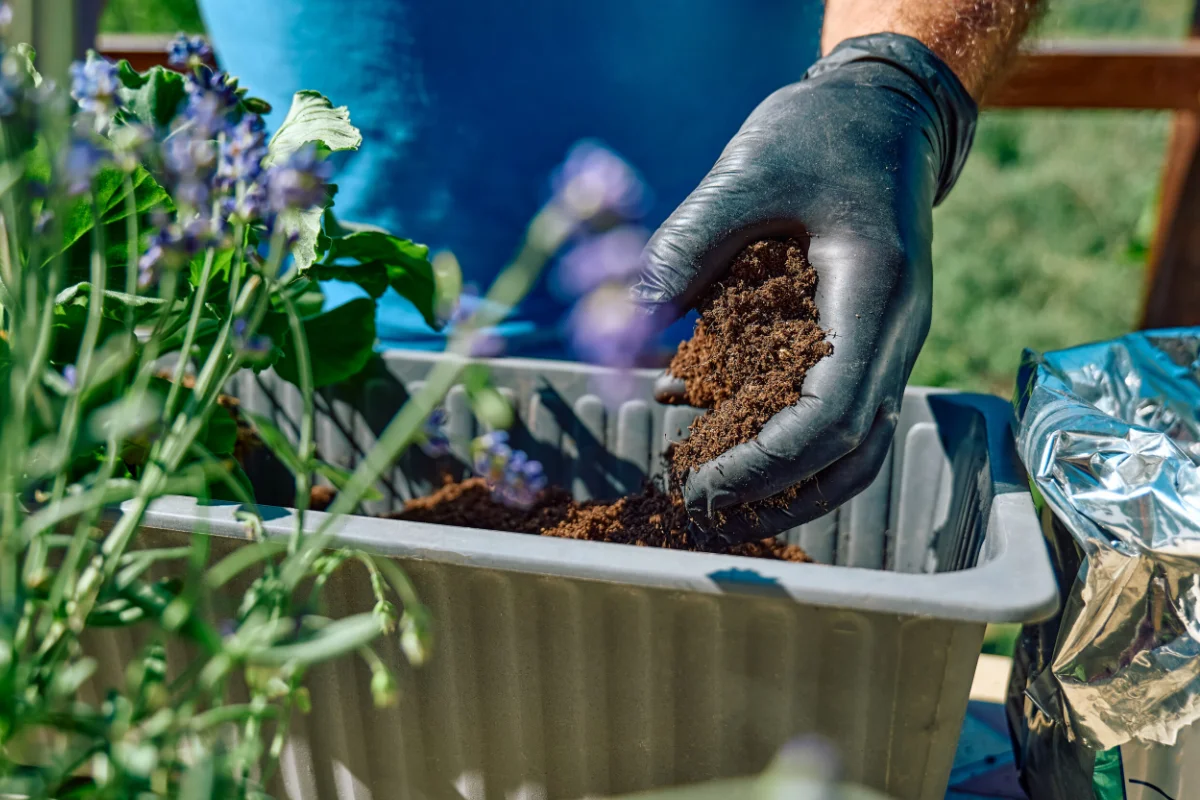Best Practices for Vegetables, Flowers, Lawns & Containers
If you’re new to using worm castings in the garden—or just wondering if you’re doing it right—you’re in the right place. Worm castings are one of the easiest, most natural ways to give your plants a serious boost without the guesswork of synthetic fertilizers.
But how much should you use? Where do you apply them? And can they really work on everything from tomatoes to turf?
Let’s dig in and walk through how to use worm castings for vegetables, flowers, lawns, and container plants—plus some tips to help you get the most out of this garden superfood.
First, a Quick Recap: What Are Worm Castings again?
Worm castings (also called vermicast) are the nutrient-rich waste created by composting worms. They’re packed with natural plant food, beneficial microbes, and soil-enhancing compounds that help everything from seedlings to shrubs grow stronger and more resilient.
And best of all? They’re gentle enough to use anywhere—no harsh chemicals, no risk of burning, and no complicated formulas.
How to Use Worm Castings for Vegetables
Vegetable gardens absolutely love worm castings. Whether you’re growing tomatoes, leafy greens, peppers, or root crops, castings give them the nutrients they need to produce bigger harvests and stronger plants.
Best practices:
- Soil prep: Mix 1 part worm castings into 3–4 parts garden soil before planting. This gives roots immediate access to nutrients.
- Top dressing: Once plants are established, sprinkle 1/4 to 1/2 cup of castings around the base of each plant every 3–4 weeks.
- Transplanting: Add a handful of castings to each planting hole to reduce shock and help young roots take off quickly.
How to Use Worm Castings for Flowers and Ornamentals
Whether you’re planting annuals, perennials, or flowering shrubs, worm castings help flowers bloom longer and more vibrantly.
Best practices:
- Bed prep: Mix castings into flower beds at about 10–20% of total volume when prepping new beds or refreshing soil in spring.
- Around the base: Every few weeks, sprinkle castings around the base of your plants and lightly water them in.
- Pots and hanging baskets: Mix castings directly into the potting soil (about 1 part castings to 4 parts soil) for flowering containers that pop.
How to Use Worm Castings on Lawns
Yes—you can even use worm castings on your lawn! They help improve soil structure, promote root growth, and keep grass lush and green without synthetic fertilizers.
Best practices:
- Top-dressing: Spread a thin layer (about 1/4 inch) of worm castings across your lawn and water it in. A little goes a long way!
- Spot repair: For bare or patchy areas, mix castings into the topsoil and reseed. The microbes and nutrients help speed up germination and root development.
Apply castings once in spring and again in early fall for best results.
How to Use Worm Castings in Containers and Pots
Container plants are often the most nutrient-starved, since they rely on limited soil volume. Worm castings give them a steady, natural supply of nutrients and help potting mixes retain moisture and structure.
Best practices:
- Mixing into soil: Use about 10–20% worm castings in your potting mix. For a 1-gallon container, that’s roughly 1–2 cups.
- Top dressing: Every month or two, sprinkle 2–3 tablespoons of castings around the base of the plant and water it in.
- Indoor plants too!: Worm castings are odor-free and safe for houseplants. A little top dressing every few months works wonders.
A Few Extra Tips for Success
- Water them in: After applying worm castings, lightly water the area to help nutrients soak into the soil and activate microbial life.
- Less is more: Don’t overdo it—worm castings are concentrated. A little goes a long way!
- Store properly: Keep your castings in a cool, dark, and slightly moist environment. You want to preserve the microbial life, not dry it out.
Final Thoughts: Feed Your Soil, Not Just Your Plants
Worm castings don’t just feed your plants—they build living, breathing soil. Whether you’re planting veggies, pampering flowers, greening up your lawn, or freshening up a few pots on the porch, worm castings make it easy to grow naturally and successfully.
They take the guesswork out of fertilizing and let nature do the work. So grab a handful, sprinkle it around, and watch your garden thrive.
Ready to get growing?
Order your worm castings from Colorado Worm Farm today and give your garden the natural boost it deserves.
